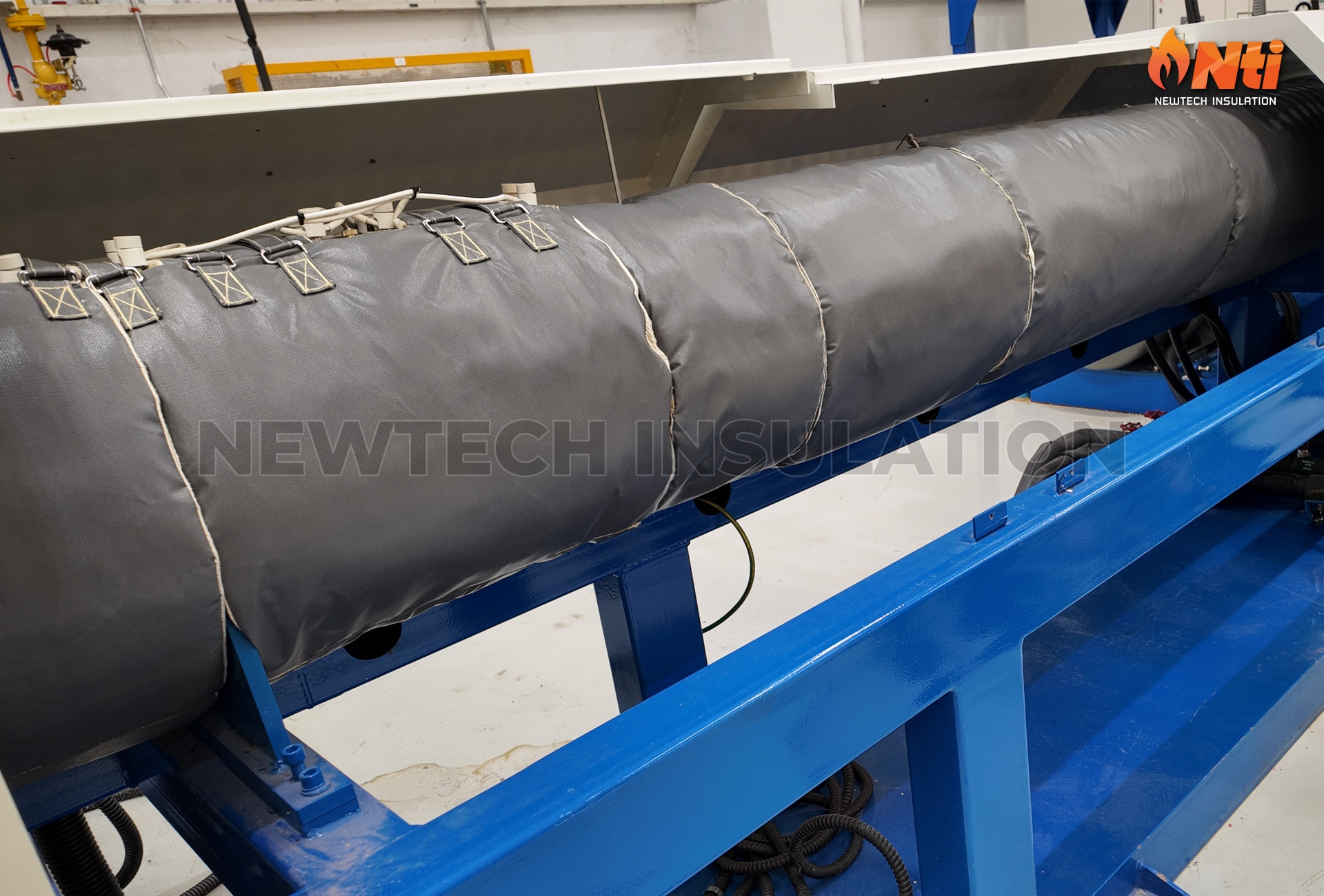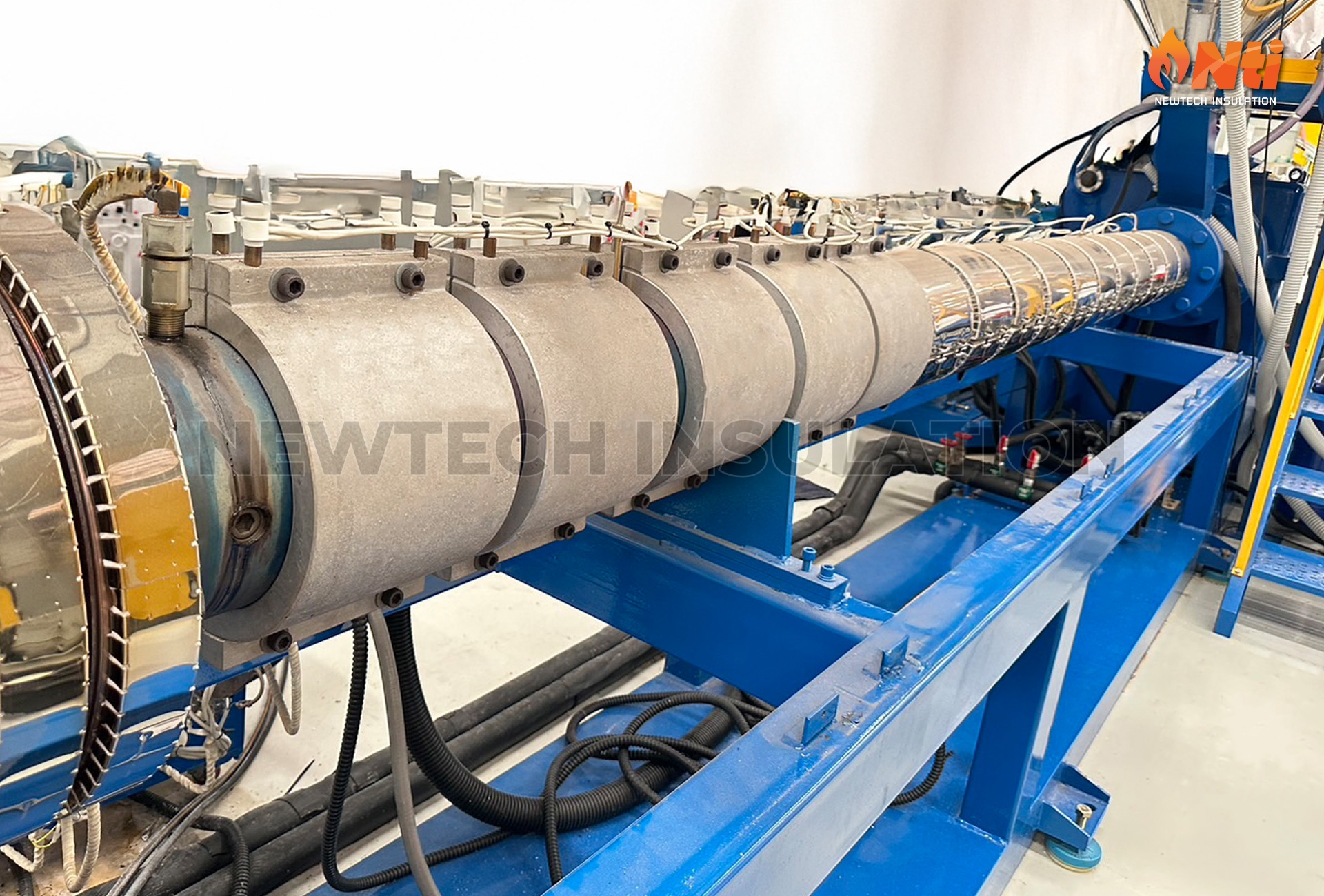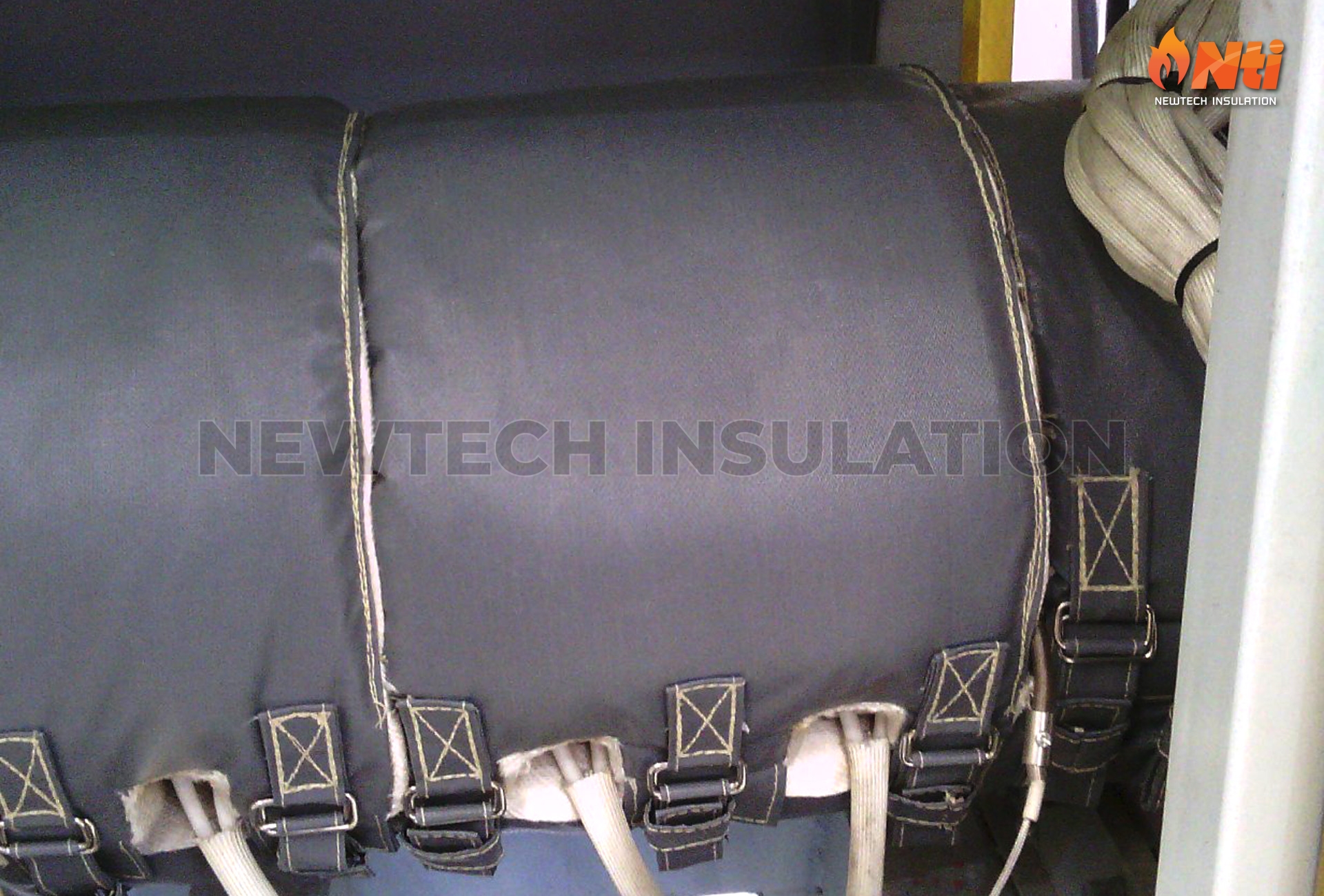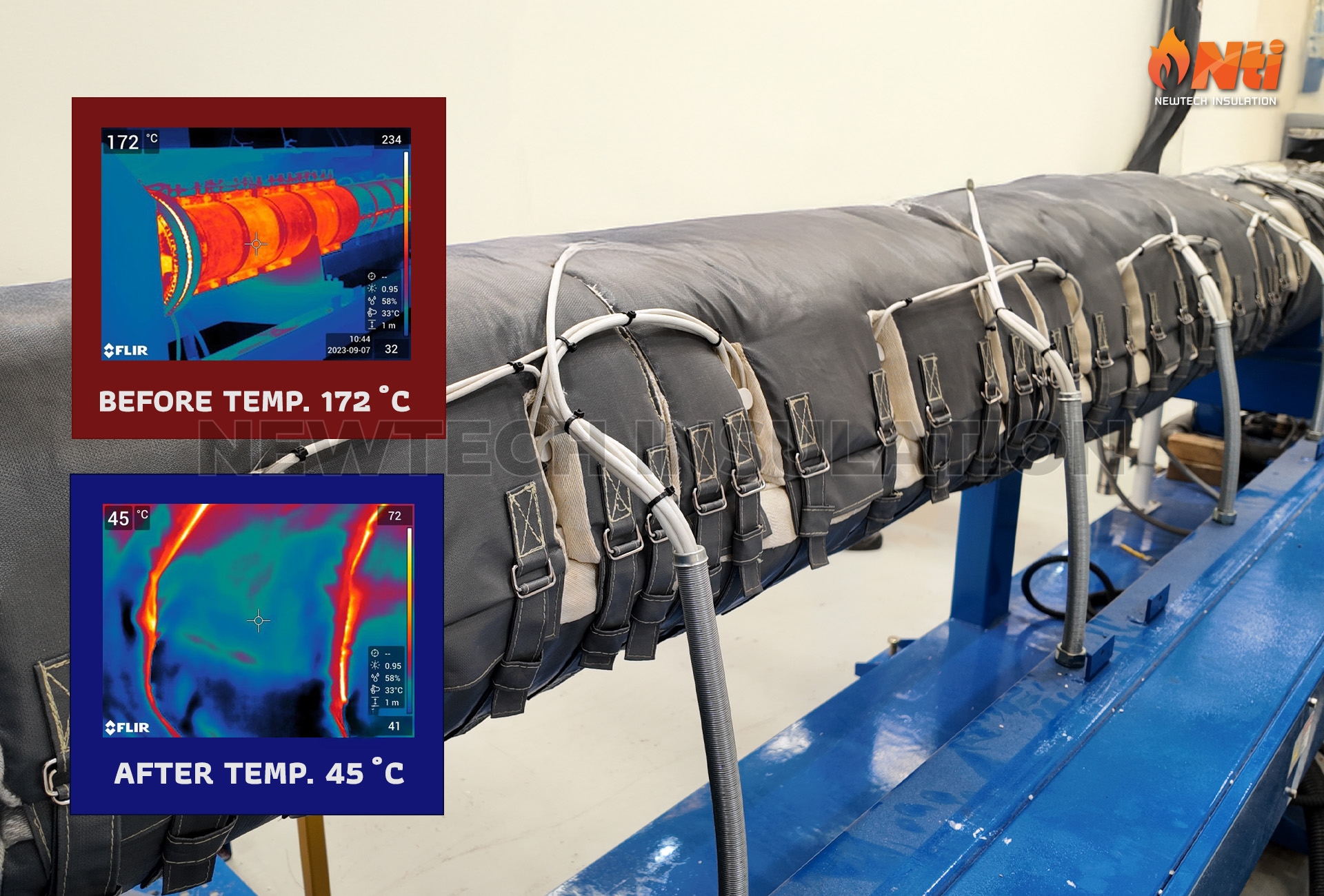







Any unauthorized copying, reproduction, modification, or distribution of any part of this content is strictly prohibited without written permission from Newtech Insulation Company Limited. Any violation will be prosecuted to the fullest extent of the law.
Problem and Causes
Plastic injection molding is a process that involves melting plastic into a liquid state and injecting it into a mold to create the desired shape. During operation, the machine emits heat continuously, causing the surrounding area to become excessively warm. The main cause of this heat is radiation from the heater’s surface. The machine operates 12 hours a day, 26 days a month. This heat radiation not only poses safety risks for workers but also contributes to unnecessary production costs, particularly increased electricity bills due to heat energy loss.
Improvement Measures
After identifying the issue, the NTI team conducted an on-site assessment and measured the machine’s surface temperature using thermal imaging. The results showed that the heater’s surface temperature reached as high as 172°C, while the ambient room temperature was around 33°C. To address this issue, NTI calculated the potential energy savings and recommended installing a removable insulation system called ZAVE®.
ZAVE® is a non-flammable insulation material free from asbestos and rock wool dust. It is easy to install and remove, making it ideal for machinery and equipment requiring frequent assembly and disassembly. With a high density of 170 kg/m³, this durable insulation extends the lifespan of the equipment compared to conventional thermal insulation. The ZAVE® insulation system also comes with a performance guarantee for heat protection after installation.
Results of the Improvement
| Comparison Table: | Average Heater Surface Temperature (Celsius) | Heat Loss per Year (Heat Loss: kW) | Electricity Cost Loss per Year (Electricity: Baht) |
| Before Insulation ZAVE® | 172 | 34,489.68 | 144,166.80 |
| Before Insulation ZAVE® | 45 | 2,120.52 | 8,863.80 |
| Reduction | 127 | 32,369.16 | 135,303.00 |